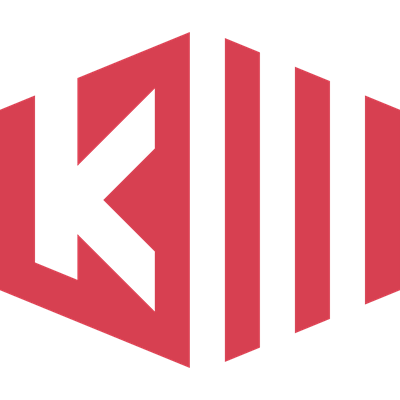fair value
fair value
English Definitions:
Fair value
In accounting and economics, fair value is a rational and unbiased estimate of the potential market price of a good, service, or asset. It takes into account such objective factors as: acquisition/production/distribution costs, replacement costs, or costs of close substitutes actual utility at a given level of development of social productive capability supply vs. demand and subjective factors such as risk characteristics cost of and return on capital individually perceived utility In accounting, fair value is used as a certainty of the market value of an asset for which a market price cannot be determined. Under US GAAP, fair value is the amount at which the asset could be bought or sold in a current transaction between willing parties, or transferred to an equivalent party, other than in a liquidation sale. This is used for assets whose carrying value is based on mark-to-market valuations; for assets carried at historical cost, the fair value of the asset is not used. One example of where fair value is an issue is a college kitchen with a cost of $2 million which was built five years ago.
Citation
Use the citation below to add this dictionary page to your bibliography:
Style:MLAChicagoAPA
"fair value." Kamus.net. STANDS4 LLC, 2024. Web. 23 Oct. 2024. <https://www.kamus.net/english/fair+value>.


Discuss this bahasa indonesia fair value translation with the community:
Report Comment
We're doing our best to make sure our content is useful, accurate and safe.
If by any chance you spot an inappropriate comment while navigating through our website please use this form to let us know, and we'll take care of it shortly.
Attachment
You need to be logged in to favorite.
Log In